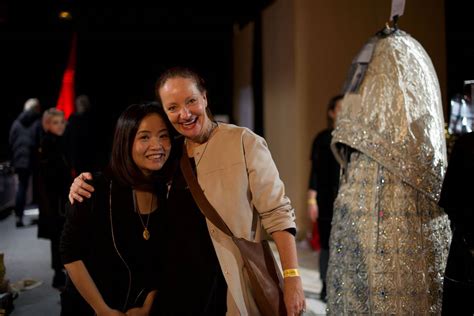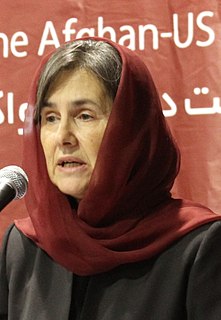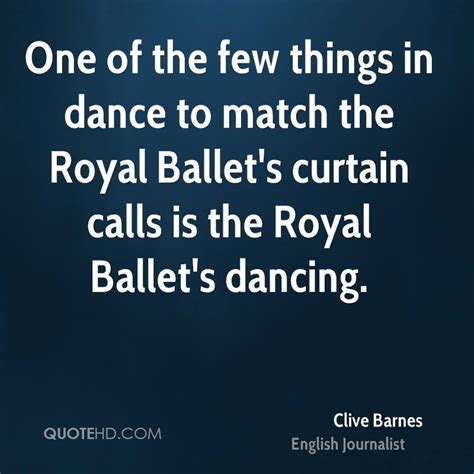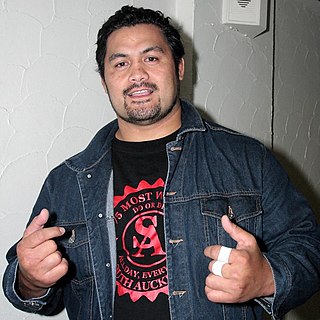A Quote by Pietra Brettkelly
In the Afghan people, I found the most resilient, welcoming people who, for the first time in my career, never judged me over my right to tell this story - as a woman or a foreigner. A people who cherish their culture and history and the films that have captured that culture.
Related Quotes
Once you learn to discern the voice of Mother Culture humming in the background, telling her story over and over again to the people of your culture, you’ll never stop being conscious of it. Wherever you go for the rest of your life, you’ll be tempted to say to the people around you, “how can you listen to this stuff and not recognize it for what it is?
There was a time when I was knocking on doors and concerned with being recognized in dominant culture. I've found a space where the terrain is different, where I'm embraced by people like me, and where I'm building new ways of doing things, as opposed to trying to insert myself in a place that might not be welcoming.
I've gone into prisons, I've gone into schools, I've gone into corporations, all over the world. It doesn't matter where you go, people are essentially the same. Our culture is different, but culture is nothing but group habit, culture is paradigm and when you get past the culture, people are essentially the same.
I think fashion is probably one of the most accessible and immediate forms of visual culture. In 1978, when I realized that I wanted to work on fashion, I had gone to Yale to get my Ph.D. in European cultural history. I suddenly realized fashion's part of culture, and I can do fashion history. All my professors thought this was a really bad idea, that fashion was frivolous and unimportant. And, increasingly over time, people have recognized that it provides such a mirror to the way we think, our values and attitudes.

































